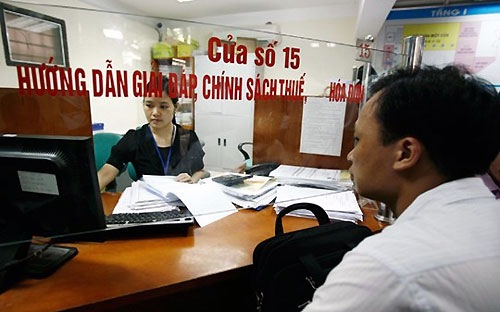The new Law on Investment takes effect today, replacing the Law on Investment 2005. Below are the notable new points of this Law.

- No longer distinguishing between direct and indirect investments
Law on Investment 2014 uses the concept of "Business Investment" to replace the previously used terms "Direct Investment, Indirect Investment."
- Specific limitations on business investment fields
Previously, under the Law on Investment 2005, the fields prohibited for investment were general and unclear, such as those harming national defense, security, and the country. However, under the new Law, only investment activities listed in the Law are prohibited. This is a progressive regulation affirming that "Investors have the right to engage in business investment in sectors not prohibited by law."
- Specific listing of 267 conditional business investment fields
This regulation helps investors to easily identify conditional business fields instead of having to search through specialized documents as before. It also avoids different interpretations by law practitioners and enforcers.
- Shortening the time for issuing Investment Registration Certificates
Investment projects requiring an investment policy decision by the National Assembly, the Prime Minister of the Government of Vietnam, or the provincial People's Committee: 5 working days.
Others: 15 working days
- Abolishing the requirement for issuing Investment Registration Certificates for domestic investors
Specifically, domestic investor projects will not need to obtain an Investment Registration Certificate. Therefore, investors only need to operate based on the business registration certificate.
- Narrowing the scope of applying for Investment Registration Certificates for foreign investors
Under the Law on Investment 2005, all projects with foreign capital, without determining the percentage of foreign investors in the enterprise, still required an Investment Certificate. Now, according to Law on Investment 2014, only projects by foreign investors or enterprises with foreign invested capital holding 51% charter capital must apply for an Investment Registration Certificate. This is truly a step forward to attract and encourage foreign investment in Vietnam.
Source: Tapchitaichchinh.vn
 Article table of contents
Article table of contents





.Medium.png)
.Medium.png)
.Medium.png)
.Medium.png)
